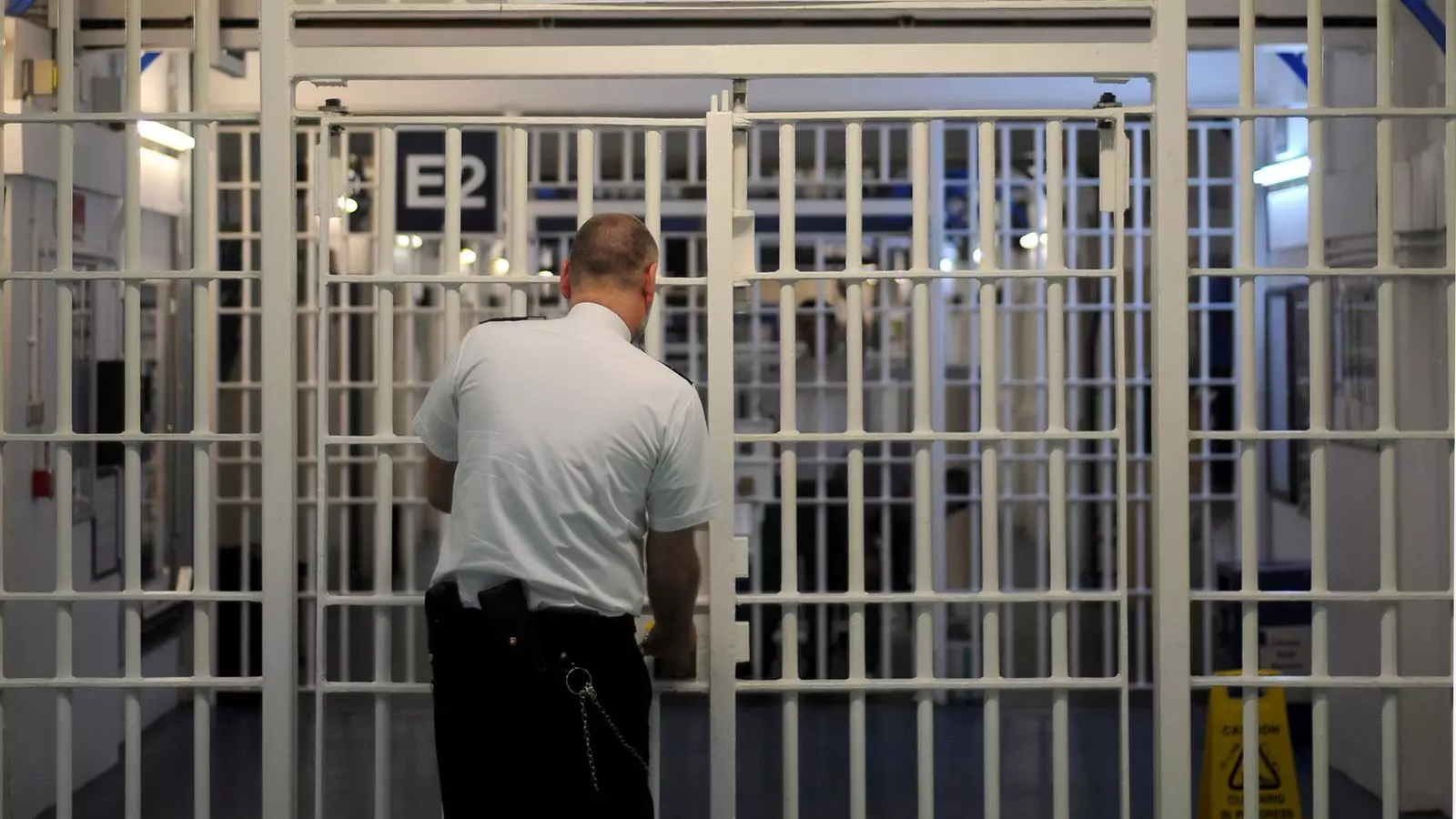Recently, the Ministry of Justice in England has taken the drastic step of implementing an emergency measure to tackle the issue of prison overcrowding. As part of Operation Early Dawn, defendants who are in police custody will no longer be transferred to magistrates’ courts for bail hearings if there is no space available in the jail cells for them to be remanded into custody. This measure, known as Operation Early Dawn, is currently only being utilized in London and the North East of England. This action has raised significant concerns within the legal community about the potential delays it may cause in the judicial process.
The Law Society, which is the representative body for solicitors in England and Wales, has expressed apprehension about the repercussions of this emergency measure on magistrates’ court cases. Due to the prioritization of the most serious cases, many other cases may face delays. If defendants are not given precedence, they may end up being released on police bail, further complicating the situation. The Law Society has highlighted the fact that this crisis in prison and police cell capacity is beyond the control of victims, witnesses, defendants, and lawyers who are part of the legal proceedings.
The Government’s Response and Future Plans
In response to the escalating situation, a Ministry of Justice spokesman emphasized the government’s commitment to keeping the most dangerous offenders behind bars for extended periods. New laws have been proposed to ensure that rapists serve their entire prison sentences and to mandate life imprisonment for the most heinous murderers. The government attributes the current pressure on prisons to a combination of factors, including the lingering impacts of the pandemic and a recent strike by barristers. The activation of Operation Early Dawn is seen as a necessary step to manage the transfer of prisoners between courts and custody more effectively.
Challenges and Criticisms
The Law Society has strongly criticized the government for its handling of the justice system, citing years of underfunding as a root cause of the current crisis in prison capacity. The organization has warned that the daily delays in court cases due to the emergency measure will have far-reaching consequences on the legal landscape. Moreover, the Law Society has pointed out that this emergency measure is an indication of a larger systemic issue that needs to be addressed promptly.
The implementation of emergency measures like Operation Early Dawn comes on the heels of other contentious schemes, such as the End of Custody Supervised Licence (ECSL), which allows for the early release of prisoners due to overcrowding issues. While individuals convicted of serious offenses are typically not eligible for early release, there have been instances where high-risk offenders have been granted early release, leading to public outcry and political debates. These controversies have further fueled the ongoing discourse around the effectiveness and ethics of early prisoner release programs.
The emergency measure implemented by the Ministry of Justice to address prison overcrowding in England has raised significant concerns and criticisms within the legal community. The challenges posed by the crisis in prison and police cell capacity underscore the need for comprehensive reforms to the justice system to prevent such situations in the future. As debates around early prisoner release schemes continue, it is evident that a more nuanced and sustainable approach is required to ensure the safety and security of all individuals involved in the criminal justice system.


Leave a Reply